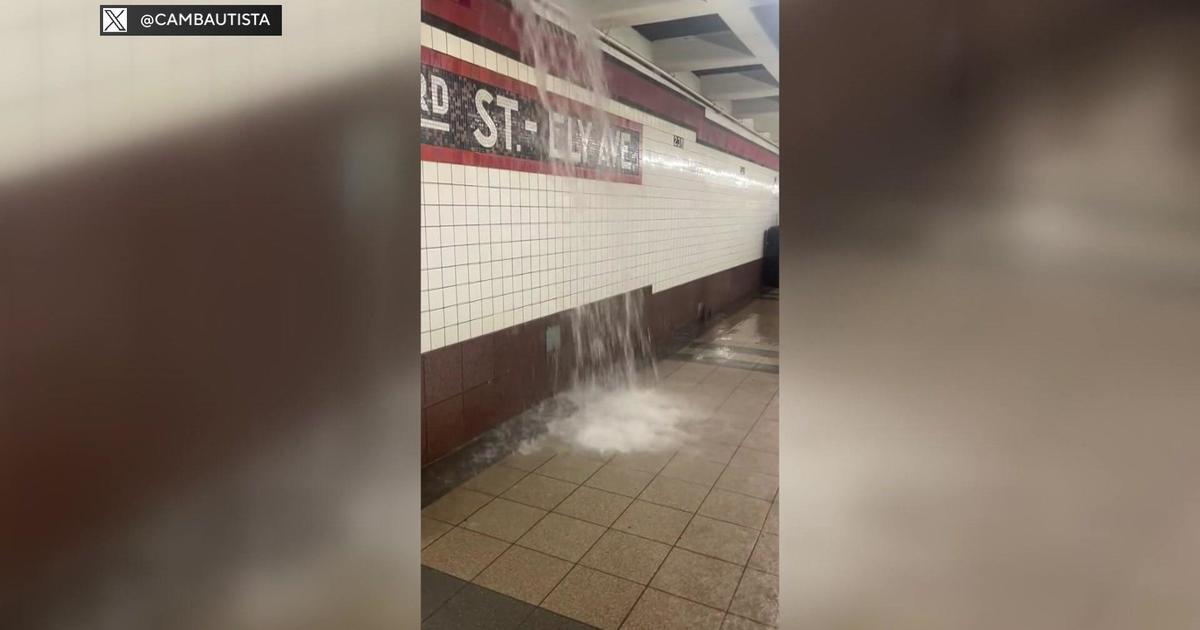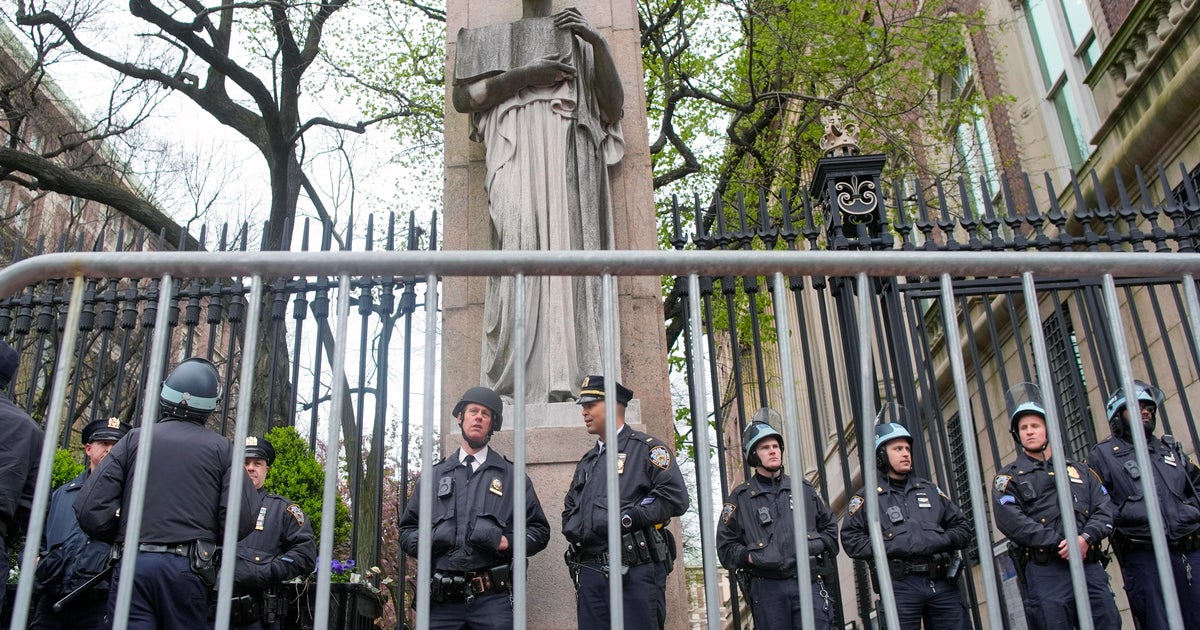Scammers getting around federal laws that are supposed to crack down on robocalls
NEW YORK -- Americans received 4 billion robocalls in May, according to the spam blocking app YouMail. In many cases, it's a con artist using a spoofed number.
That's what happened to Joanna Ganz. Her caller ID read "Chase Bank" and the person on the line told her there was suspicious activity on her account. She was told to transfer money out of her account to prevent more fraud.
"Everything he said led me to believe, because of the way he spoke and using the exact, exact verbiage the bank uses, he had it down pat," Ganz said.
Turns out the call was a spoof. It wasn't Chase calling. It was a scammer. Within minutes, Ganz was out more than $2,500.
"I really never thought it would happen to me. I mean, that's my rent and bill money," Ganz said.
Last year, the FCC required all cellphone carriers to adopt caller ID authentication technology called Stir-Shaken. The goal was to prevent illegally spoofed robocalls. But since then, the number of robocalls getting through to consumers has risen back to the level they were before the regulation.
"The problem is the bad guys aren't just sitting still. Instead of just making up phone numbers, they're getting real phone numbers. And now their real phone numbers are authenticated. They look like they're good and they get through," says YouMail CEO Alex Quilici, who believes technology like Stir-Shaken isn't enough to crack down on spam calls.
Quilici says there also needs to be more enforcement.
"You want enforcement to go not only after the bad guys, but some of the carriers that are supporting them," says Quilici.
Ganz looked for ways to get her money back but was unsuccessful. A spokesperson from Chase tells CBS News that the bank will not return the money because Ganz authorized the transfer.
Chase warns customers that they will never call you and ask for your personal information. They will only ask for that if you call them.



